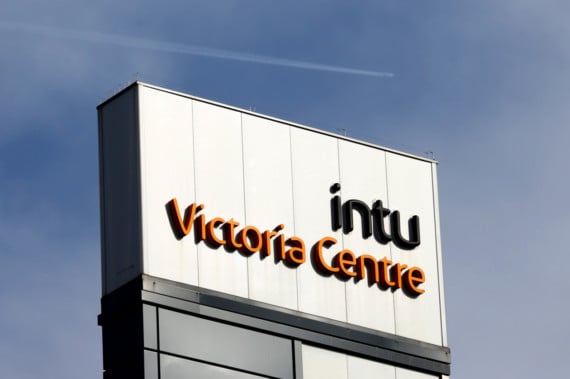James Penn is head of equity at Capital International
Equities have bounced back following the March sell off over Covid concerns, but there is one ’risk asset’ that has not performed particularly well since then.
Property, and the real estate investment trust (REIT) sector, has been a relatively poor performer over the last three months, with many stocks demonstrating a meagre rebound at best, and at worst still bumping along the bottom.
The UK REIT sector has bounced by 15% since mid-March, but this has lagged the broader market by 7%, and this underperformance is replicated throughout the world.
This is not surprising, given newly emerged concerns about office use, the difficulty of applying social distancing in retail stores, restaurants, hotels and leisure sites, and the fact that many tenants have stopped paying the rent, given all the cashflow constraints they currently face, in a Dario Foesque attitude of ’Can’t Pay, Won’t Pay’.
This is alongside the headwinds to the retail sector presented by the growth of online shipping, which have been a concern for the past 10 years or more.
The real killer for the property companies on this occasion is that the UK government has effectively ganged up against them on the side of the tenants, preventing any evictions for non-payment in the quarter to June, and recently extending this to September.
With companies and their employees suffering, and the government eager to cut them as much slack as possible, the buck - it seems - now stops with the ’rentier’ class.
This is perhaps not surprising, given landlords have traditionally been blamed for many things throughout history.
The UK Government recently issued a voluntary code of practice for property, which asks tenants to ’continue to pay their rent in full if they are in a position to do so’ while others should ’pay what they can’.
But this is fairly opaque, and there is little, in effect, that a property owner can do if they believe their tenant can pay the rent, but is taking advantage of the current environment not to do so.
UK retailers paid only 14% of the rent due in late June for the third quarter, while property tenants as a whole, including office and other industrial premises, paid just 18% of rents, according to Re-Leased, a commercial property management platform. This represents a record low in rent collection.
As a result, landlords are waiting for more than £2bn in rent for quarter three (Q3).
This will likely creep up a little over the next few months, and some of it has been deferred, but the British Property Federation believes that due to the scale of the crisis only a quarter of the rent roll may eventually arrive.
The 18% collection was worse than in March, after the coronavirus had initially struck, when the figure was 25%.
The payment of rent - formerly strictly enforceable, and regarded as a highly visible and certain cashflow - is now beginning to look optional, rather than essential.
One casualty of this has been Intu Properties, owner of 17 shopping centres up and down the UK, and the biggest retail property owner in the country, which went into administration a week ago.
Quite who is going to buy all their centres, assuming they come back onto the market, remains unclear.
Generally, the winners have been companies involved in the provision of health centres (PHP Property) and social housing (Civitas, Triple Point), where the rent roll is effectively guaranteed, and those involved in logistics and online warehousing (London Metric, Tritax Bigbox, Warehouse REIT).
The generalist REITs, and the big blue chip names like Land Securities and British Land, have suffered due to too much retail and office exposure.
Their fortunes from here are very much tied to what happens with Covid and the broader economy.
James Penn is head of equity at Capital International
The opinions stated are those of the author and should not be taken as investment advice. Any recommendations may not be suitable for all, so please contact your financial adviser for further guidance. The value of investments can go down as well as up.




